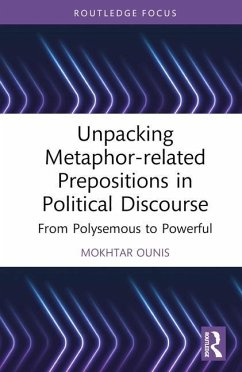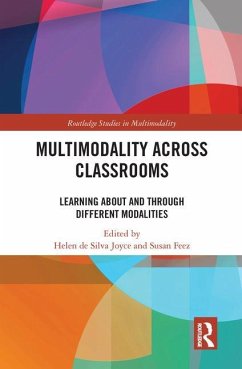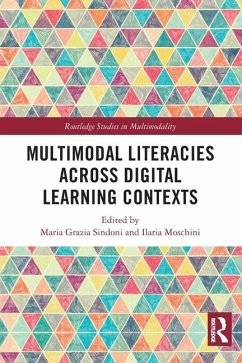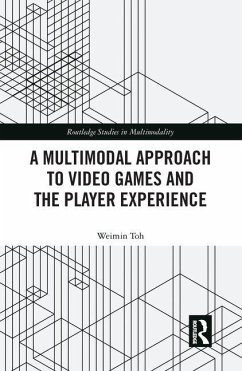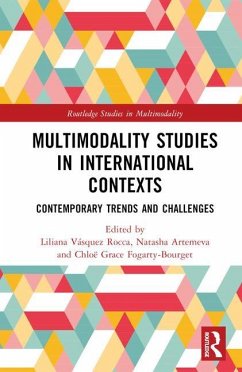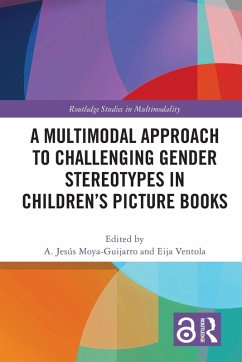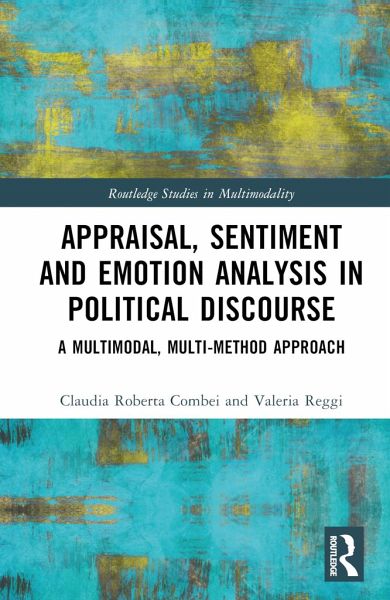
Appraisal, Sentiment and Emotion Analysis in Political Discourse
A Multimodal, Multi-method Approach
Versandkostenfrei!
Versandfertig in 6-10 Tagen
154,99 €
inkl. MwSt.
Weitere Ausgaben:

PAYBACK Punkte
77 °P sammeln!
This book adopts a multi-method multimodal approach to the study of online political communication, applying it to case studies from the United Kingdom, France, and Italy towards offering a portrait of the rapid ideological shifts in contemporary Western democracies.The volume introduces an integrated framework combining Sentiment and Emotion Analysis, rooted in lexical semantics, and the qualitative dimensions of Appraisal Theory, applying it to large corpora of online political communication from the United Kingdom, France, and Italy. Combei and Reggi highlight their combined potential in an...
This book adopts a multi-method multimodal approach to the study of online political communication, applying it to case studies from the United Kingdom, France, and Italy towards offering a portrait of the rapid ideological shifts in contemporary Western democracies.
The volume introduces an integrated framework combining Sentiment and Emotion Analysis, rooted in lexical semantics, and the qualitative dimensions of Appraisal Theory, applying it to large corpora of online political communication from the United Kingdom, France, and Italy. Combei and Reggi highlight their combined potential in analysing the multimodal resources in such discourses and in turn revealing fresh insights into layers of subtext and the ways in which parties and movements frame their political programmes and values. The authors also take into account culture- and language-specific variables across the three countries in shaping such discourses. The volume makes the case for an integrated methodological framework that can be uniquely applied to better understand the multimodal communicative landscape of divisiveness in today's rapidly shifting political climate and other forms of online communication more broadly.
This book will be of interest to students and scholars in digital communication, political communication, multimodality, and qualitative and quantitative discourse analysis, especially those interested in corpus-assisted approaches.
The volume introduces an integrated framework combining Sentiment and Emotion Analysis, rooted in lexical semantics, and the qualitative dimensions of Appraisal Theory, applying it to large corpora of online political communication from the United Kingdom, France, and Italy. Combei and Reggi highlight their combined potential in analysing the multimodal resources in such discourses and in turn revealing fresh insights into layers of subtext and the ways in which parties and movements frame their political programmes and values. The authors also take into account culture- and language-specific variables across the three countries in shaping such discourses. The volume makes the case for an integrated methodological framework that can be uniquely applied to better understand the multimodal communicative landscape of divisiveness in today's rapidly shifting political climate and other forms of online communication more broadly.
This book will be of interest to students and scholars in digital communication, political communication, multimodality, and qualitative and quantitative discourse analysis, especially those interested in corpus-assisted approaches.






